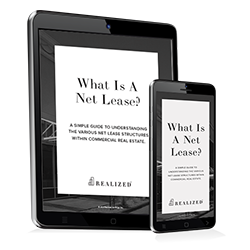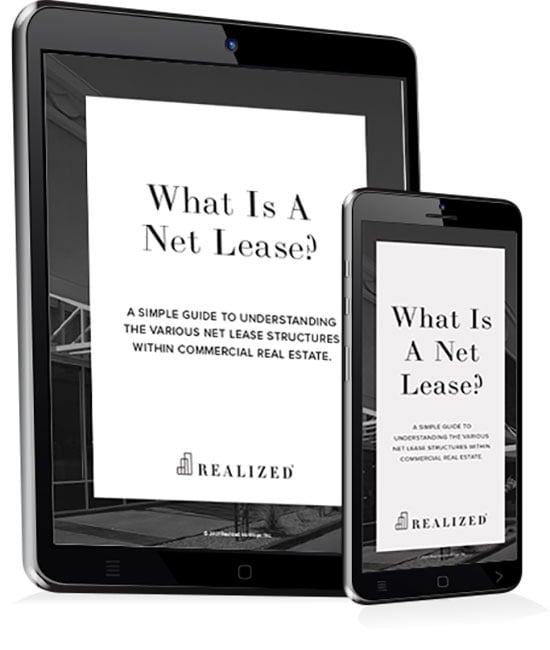
In commercial leasing, there are various names for lease types, and some are used interchangeably at times, so it is always advisable to rely on the lease terms for guidance rather than the name someone has used in reference to a lease. However, a Triple Net or NNN lease commonly assigns most costs of operating a building to the tenant rather than to the owner.
Typically, the owner/landlord is responsible for the mortgage (assuming there is one) and replacement or repair of structural components (the definition of which can be a source of contention). The tenant is charged with paying rent, utilities, taxes, insurance, and maintenance.
What are the advantages to a tenant?
For a single-occupant tenant, the benefit is often the certainty of controlling occupancy expenses without the necessity of real estate ownership if that does not coincide with its mission. The tenant has the advantage of known occupancy costs and the tax benefits of paying property taxes. The base rent is also lower since the tenant pays the other obligations.
If the building is a multi-tenant site, then the occupancy costs are shared proportionately (or disproportionately, according to the agreement). The long lease term provides the tenant with stability, and usually, these locations are excellent and visible.
In a multi-tenant building, the division of costs is more complicated. Rent, taxes, insurance, and even maintenance can be apportioned by the occupied square feet, with an additional allocation for the common areas. But some costs, like utilities, may be used by tenants at different rates, and the distribution of charges may need to be adjusted.
Are there advantages to the owner?
The advantages to the owner are several. First, most triple net leases offer guaranteed long term occupancy, eliminating the risks of vacancy and the expenses of searching for and qualifying tenants. NNN leases are typically at least 20 years, which is a highly reliable income stream for the investor, which, in turn, eases financing. Moreover, landlords have few responsibilities in managing the property and can use their time and energy on other investments. Owners usually maintain the right to sell the property (although the tenants retain the right to the lease and are protected from eviction) during the term.
Does the owner pay for anything?
Sometimes, yes. In many triple net leases, the landlord maintains responsibility for capital or structural repairs—literally repairs to the structure, often including the roof and sometimes the parking lot. There have been situations where costly repairs to an HVAC system have turned into a dispute between the owner and landlord. The result is that triple net leases typically are more specific about exactly who is responsible for everything.
What kind of tenant is most successful in a triple net lease?
Stable businesses are most often the best candidates for these long leases. Good candidates for triple net properties in visible locations include:
- Popular retail chains
- Gas stations
- Convenience stores
- Medical clinics
- Grocery stores



